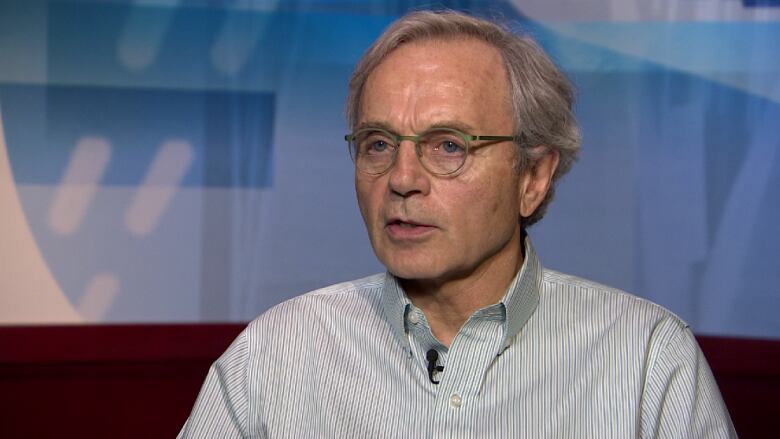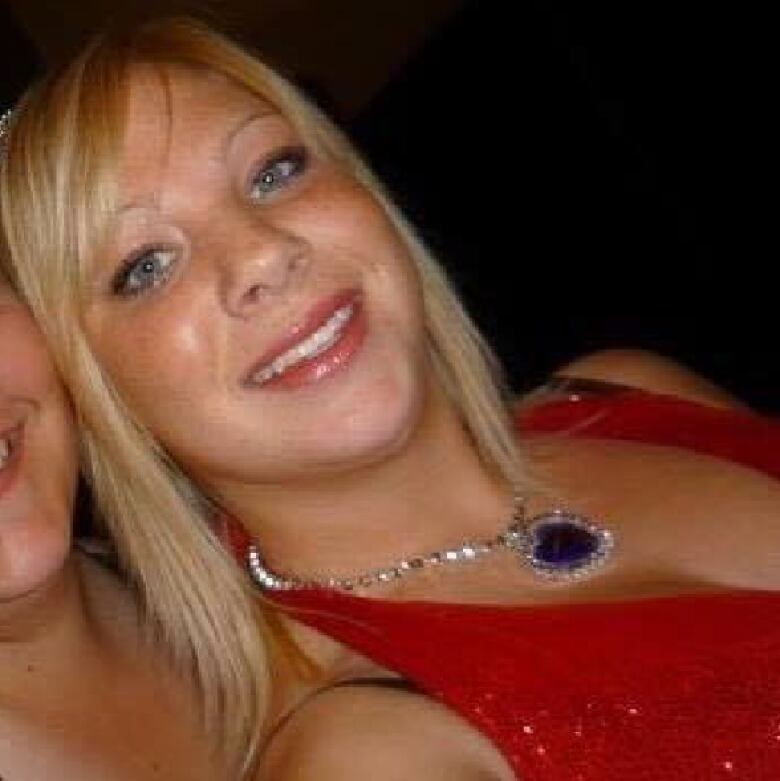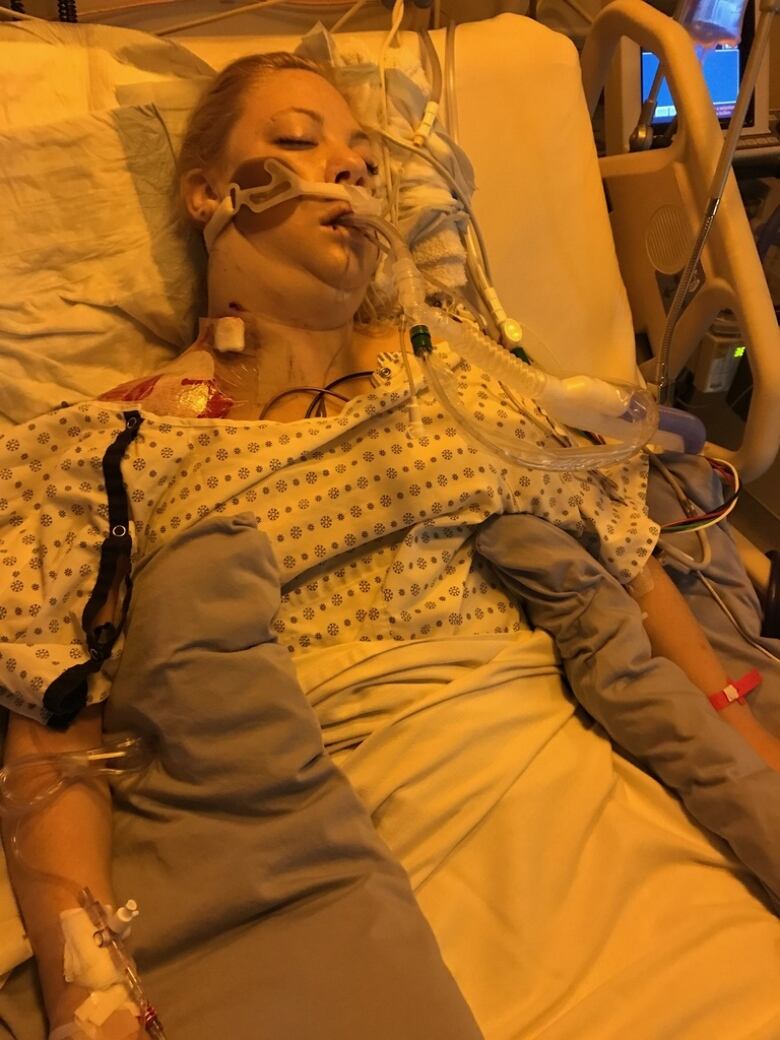New stats on Sask. opioid poisonings don't tell full story: prof
U of S addictions counsellor says numbers on opioid-related deaths would offer perspective

An addictions expert in Saskatchewan says more data is needed to know whether the province's health care system is actually saving the lives or not of people who overdose on opioids.
Peter Butt's comment comes a day after a new study found that Regina and Saskatoon have the highest rates of hospitalizations for significant opioid poisoning among Prairie cities with a population of 100,000 or more.
"Are we saving people? Is our death rate lower? We're getting more hospitalizations, yes, but are we saving people?" said Butt, who teaches at the University of Saskatchewan's College of Medicine.
Need to compare against death stats
Butt says it would be particularly helpful to weigh the results of the new study, which was conducted by the Canadian Institute For Health Information, with the number of deaths from opioid poisonings recorded by the coroner's office throughout the country.
"I think it would be important to look at the number of people who are dying province to province from opioid poisoning to see whether or not this is a good news story, that people are surviving here and getting to hospital rather than ending up as coroner's statistics."
-
Sask. provincial task force to address fentanyl, opioid deaths
-
2017 fentanyl seizures on track to surpass all of 2016, say police
While calling the findings of the CIHI report both "alarming" and "a wake-up" call, Butt was quick to add that the report does raise a number of unanswered questions.
Chief among them: how many of the overdoses accounted for in the report reflect people on prescribed drugs who are being overprescribed or unknowingly taking too much of the drugs, versus people taking the drug illegally?
Unanswered questions
Butt also wondered how many of the hospitalizations recorded were for people who took a take-home naloxone kit and received follow-up care at a hospital.
The report also doesn't answer why the rates are so much higher in Saskatoon and Regina, Butt said.
"Are people coming into to opioid poisoning to the emergency departments from those cities, or are they from outlying areas where there's been province accessing services?"
'Shame and stigma' in reporting
Chris Reaume, a Saskatoon man, has similarly wondered about the why of it all following the death of his sister Elizabeth in Fort McMurray in June.

Elizabeth's toxicology test revealed she had carfentanil in her system at the time of her death. Carfentanil is many times stronger than the more popularly-known fentanyl.
"There was a lot of shame and stigma attached to the drug use, that's why she didn't come forward," said Reaume of his sister.
"I didn't think it was an issue. She held a job with the same company for eight years, was making six figures, a decent wage, car, house, family.

"How do you come forward when you have a job and a family or that sort of thing and say to people that I have an addiction? It's impossible."
Post-hospital care
Butt says a key part of any strategy to address the problem is transitional mental health and addictions services once people leave the hospital.
"Some provinces have a rapid access to addiction medicine system," he said.
"We don't have that in Saskatchewan in part because of capacity. But perhaps that's something we should be looking at."
with files from Micki Cowan and Saskatoon Morning












_(720p).jpg)


 OFFICIAL HD MUSIC VIDEO.jpg)
.jpg)



























































































